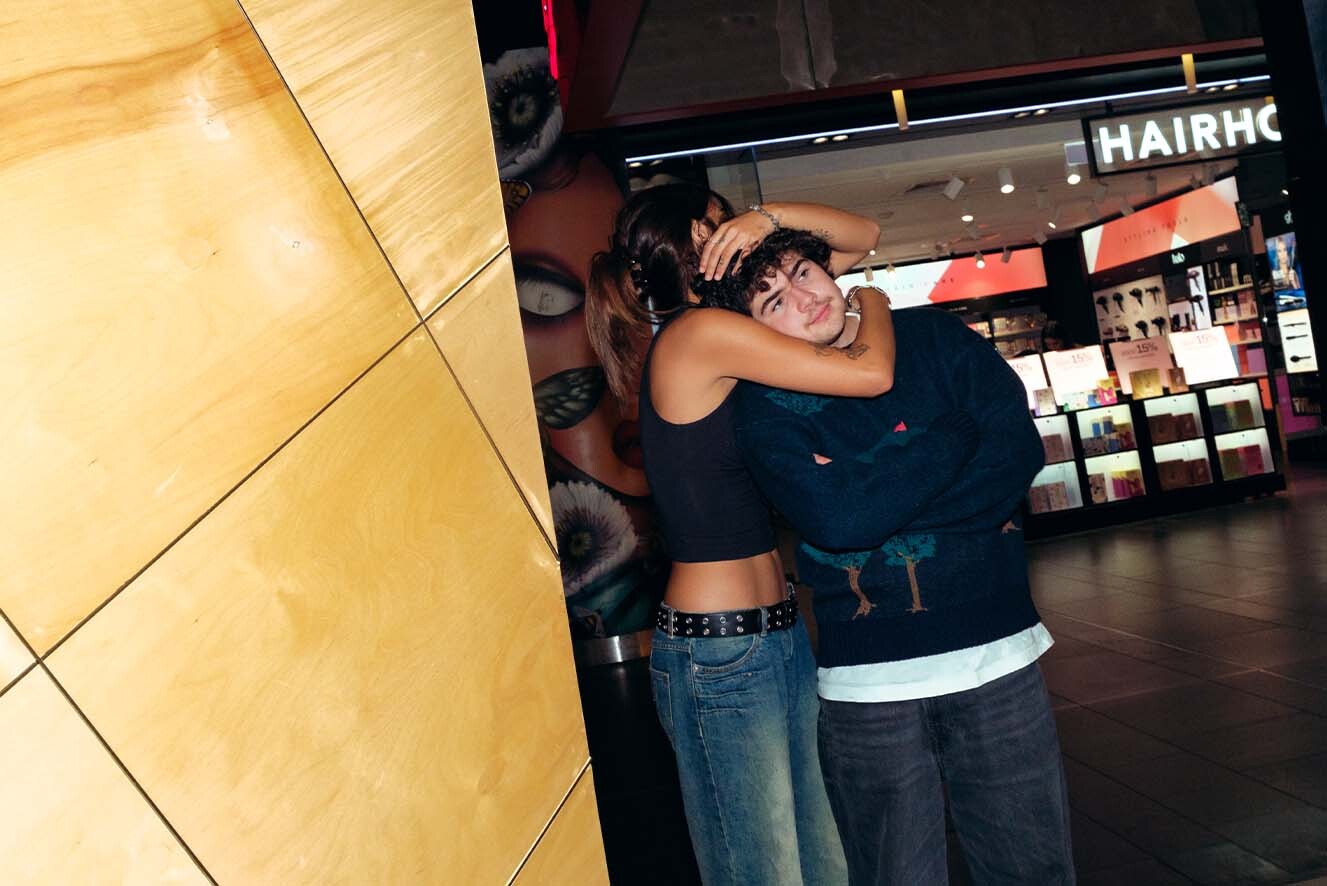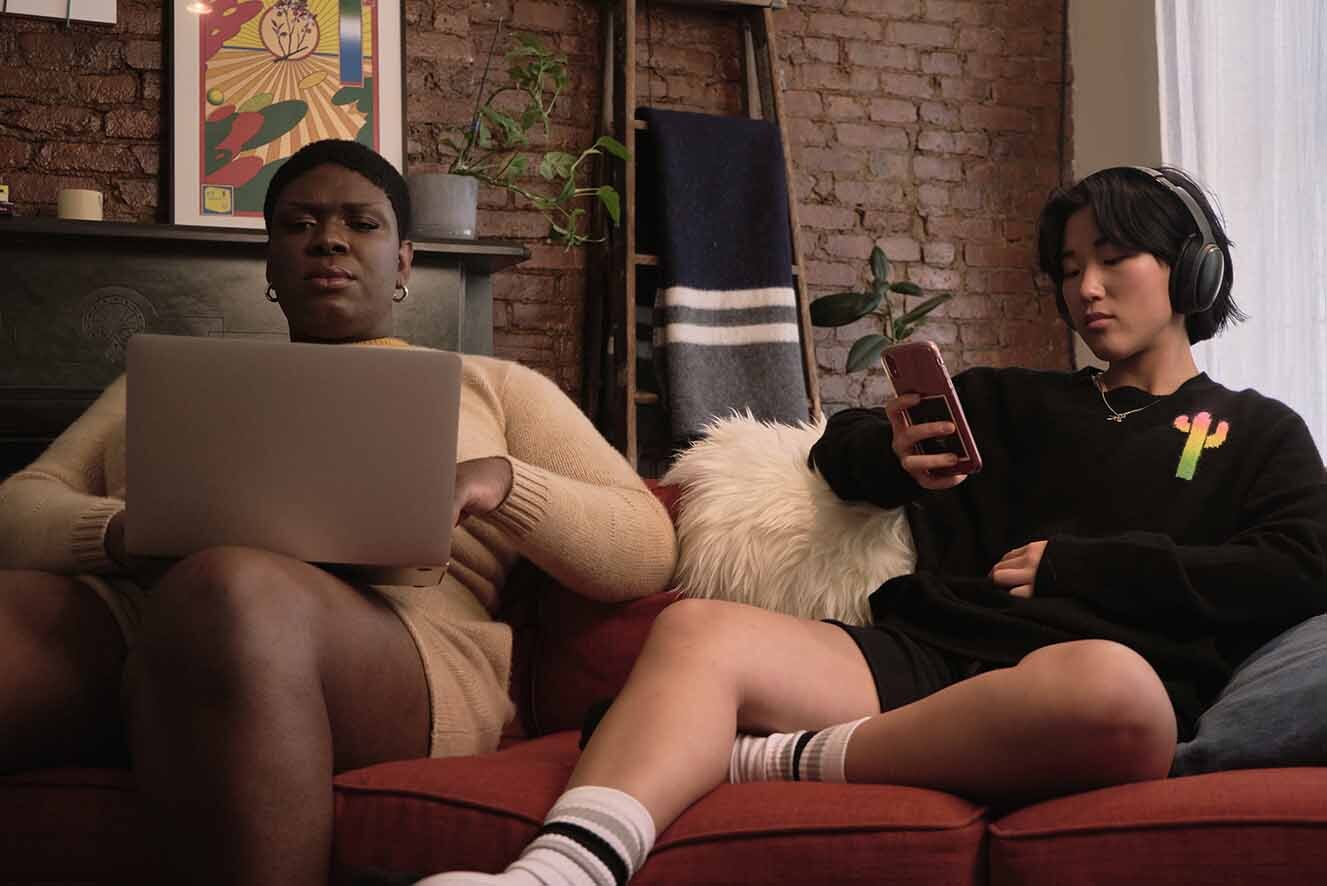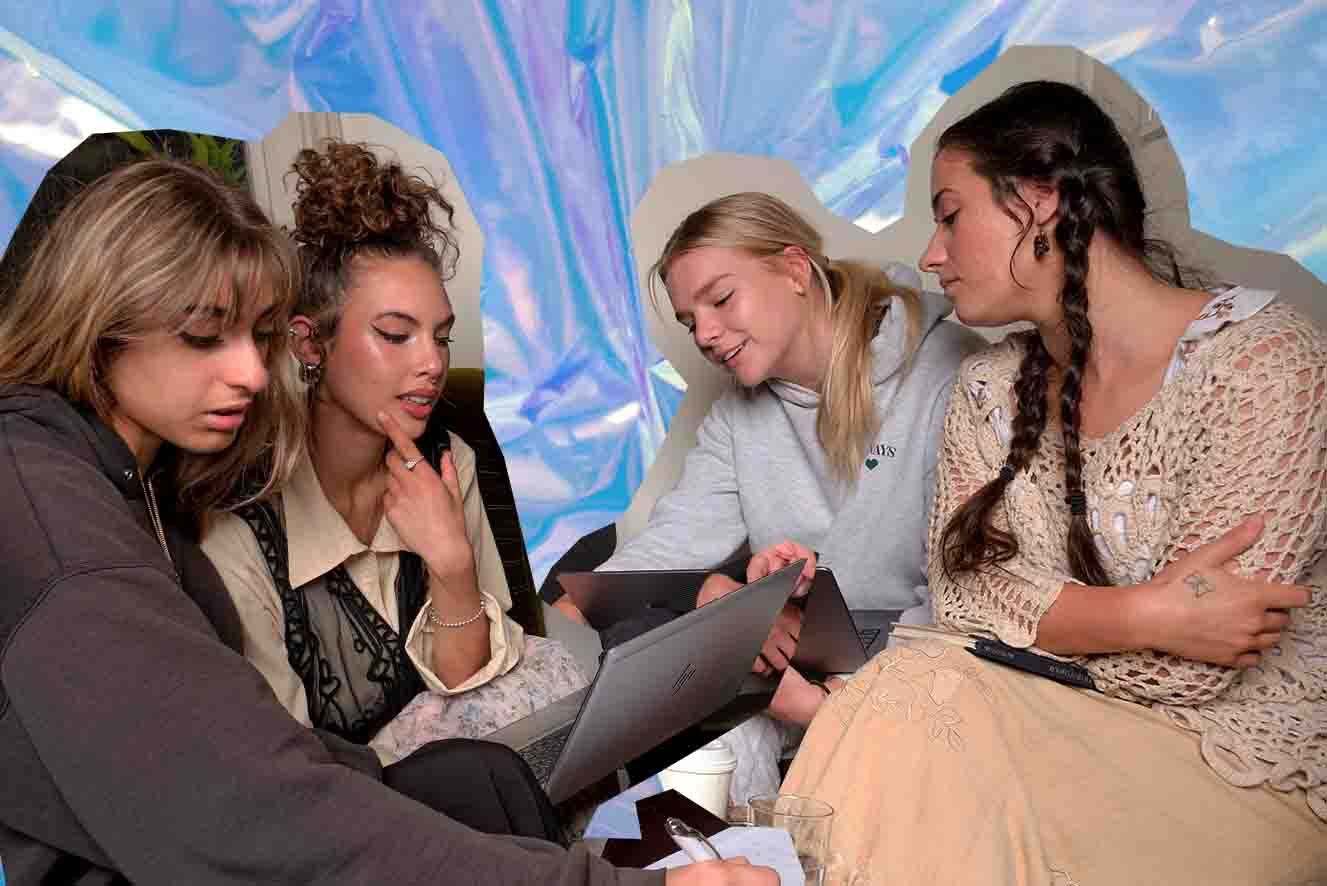If you know, and even if you're unsure, helping a friend in an abusive relationship can make a huge difference in their life.
If you're worried someone might be in immediate danger you need to contact the police on 000, or talk to someone at 1800RESPECT (1800 737 732) the National Sexual Assault, Family & Domestic Violence Counselling Line available 24/7.
If you're unsure but want to help out, have a look and think about these things.
Remember, something that might seem small to you could make a huge difference in your friend's life.

What To Do If You Think Your Friend's Relationship Is Abusive
Sometimes it's hard to know what's going on in someone else's life - and it can be difficult figuring out if a friend's in an unhealthy or violent relationship.
Usually, violence happens in private and people don't talk about what's happening to them because they're embarrassed, upset or scared.
But if you see someone being aggressive or disrespectful, if you hear a friend say weird, mean or controlling stuff about their partner, or if you just know something isn't right in a friend's relationship, the best thing you can do to help out your friend is to listen to them.
Sometimes just taking someone aside where you can speak alone and asking them in a non-judgmental way if everything's okay, or asking if something's up with their relationship, can start the conversation.
They might not open up straight away, but at least they'll know you're there for them when they are ready.

What To Do When Your Friend Reaches Out For Support
It can be pretty full on when a friend tells you their partner is being violent, abusive or controlling.
You might even know the person they're talking about and think, 'But they'd never do something like that'.
Just because you haven't seen the abuse, doesn't mean it isn't happening.
Here are some DOs and DON'Ts in this situation:
Do:
Listen to what they're saying.
Let them talk as much or as little as they need to, and don't interrupt to ask lots of questions.
Believe them and take it seriously.
Talking about violence and abuse in a relationship is really hard to do.
Check they're safe.
Violence and abuse are never okay, and it can escalate quickly.
Reassure them it's not their fault.
Let them know you understand how they feel, and that you're there to help them.
Offer your help
Let them know you're there if they want help to find advice or that you'll go with them to a counsellor.
Check in with them later (in private)
Make sure they're okay, let them know you're available whenever they need you.

Don't:
Don’t say, 'It happens to everyone', or 'It’s just a stage people go through in relationships'.
Violence doesn’thappen to everyone.
Don't ask them a whole lot of questions.
That can make them feel like you're judging them or not believing what they're saying.
Don't criticise their partner.
That can make them defensive and close up.
Don't tell them you'll sort the problem out for them.
It's really important they decide what they want to do.
Don't be impatient.
If they're not sure what to do or if they want to stay in the relationship, stick by them.
Let them decide what to do and support their decision (even if you don't agree with it).
Don't get angry, upset or aggressive.
It can be hard to hear about this stuff, but it's important to stay objective to support them.

Information And Support About Abusive Relationships
If you're feeling like things aren't okay in a relationship, you might like to check out these websites for more info.
- Love: The good, the bad and the ugly and Sex, Love and Other Stuff (info on respect, relationships, sex and abuse)
- What's okay at home (info for when things aren't okay in your family)
- Our other articles on relationships (for ideas on what to do when you think something might be crossing the line)
If you or someone you know is experiencing violence, there are support services available in your State or Territory.
Below are some Australia-wide services for people who need information or support.
If you want more info about the specific services available in your state or territory, speak to your school counsellor, your GP or visit your local community health centre.





